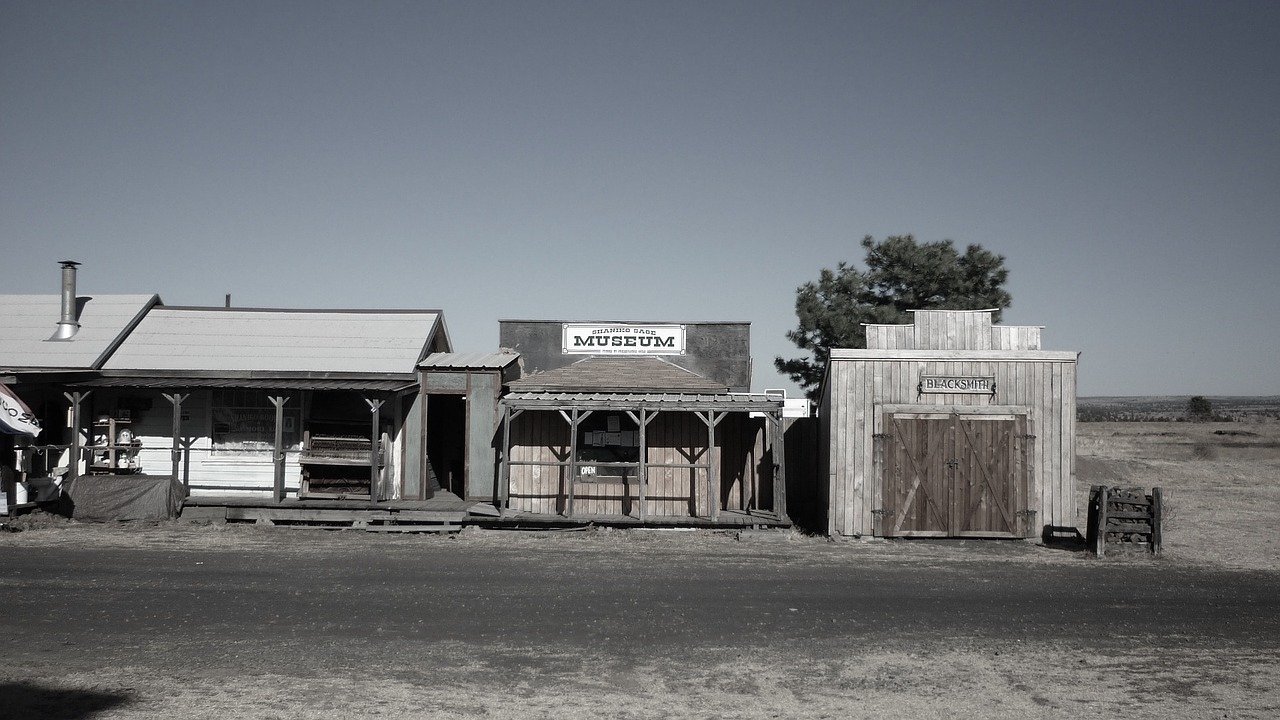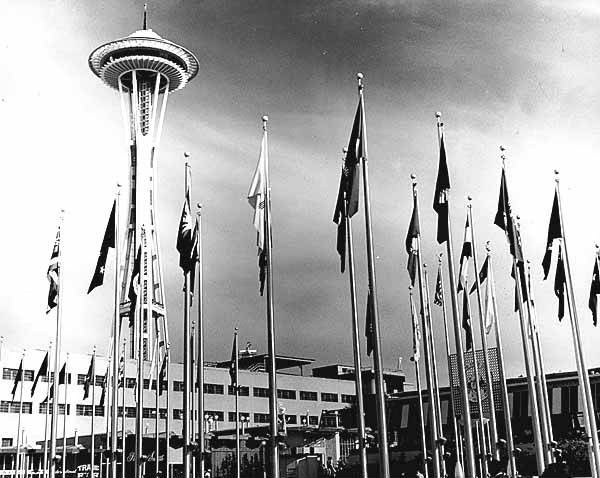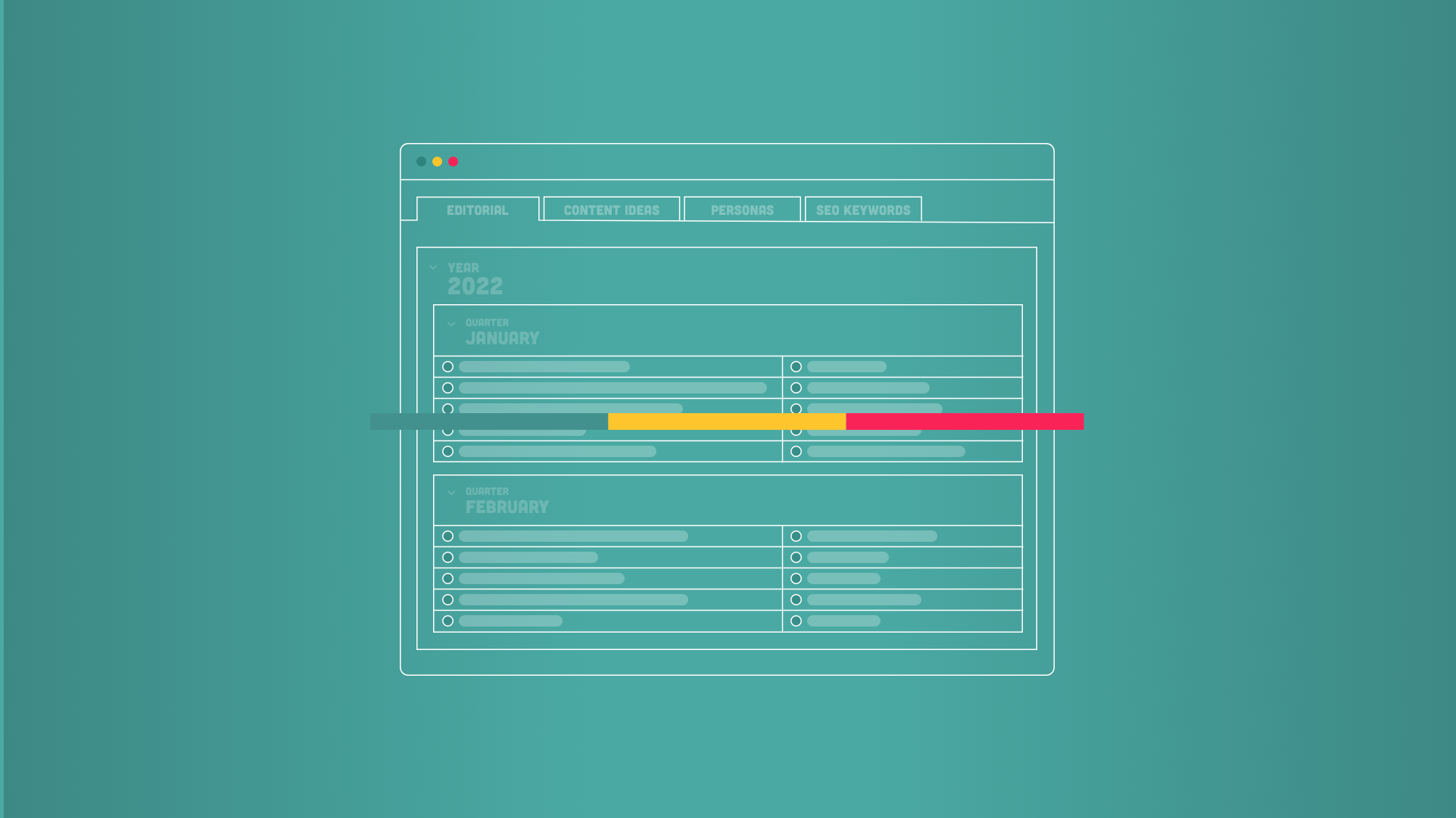Most days I feel like I'm a brand new business owner. Then I sit back and reflect that Polly and I and our team have been building A Brave New together for more than six years. Time flies.
When I reflect on what I've learned in the last six years, one of the biggest lessons is that I need to make pivotal decisions faster. And usually, for those major decisions, my gut reaction is right.
I've known the answer to 90% of the pivotal decisions I've had to make as a business owner seven, eight, or nine months before I made them. I just didn't have the courage to trust my gut.
Now don't get too concerned! I believe in data-driven decision making. In fact we've always used data to inform our decisions. But evaluating data, knowing the right decision to make, and acting are three different things. All are essential.
Looking forward to the next six years, I'm committed to making those pivotal decisions quicker. Because if I can be bolder about action and shave even a few months off those decision times, A Brave New will get to thrive more quickly. And that's worth it for our clients, our team, and everyone's happiness.
There are three main categories of decision-making that I'll be focused on. I hope you'll find my thoughts valuable too.
1) Risking Enough To Grow
One of the great paradoxes of being an entrepreneur is that you always have to hold two things in constant balance:
- Keeping your business healthy for the long-term
- Being willing to make calculated risks to grow
It's essential that you develop the discipline to maintain a healthy profit & loss statement. It's important to have correct systems in place and the right data at your fingertips so that you quickly see when things are veering off course.
But here's the thing about growing a business. Stability isn't enough. You need to be bold enough to take risks.
For us, one of the most tangible examples of this was the moment we decided first purchase Hubspot. Full disclosure here, we're Hubspot Solutions Partners and pretty dedicated to the platform. We're also not afraid to admit that the platform is pricey especially if you're not already using (and paying for) a similar all-in-one marketing platform.
We literally waffled about the purchase for four to five months. We knew that it would not only greatly improve our own marketing capabilities, it would allow us to shift our business fully to inbound marketing.
In hindsight, I knew from the first time we talked about it, that it would be a huge catalyst for growth. I also knew that it would completely change our ability to sell inbound retainers to our clients. Two and a half years later this decision has been vindicated one hundred fold. And I knew we should have made it sooner. Next time, when an opportunity like this arises, I will.
2) Being Bold Enough To Think Of People's Highest & Best Use
One of the most important responsibilities of an entrepreneur and business owner is to foster the right kind of team. It's your job to:
- Build a culture people are attracted to and actively want to participate in.
- Take people's growth aspirations seriously and provide them pathways to achieve that growth.
- Make sure people are working in a place that taps into what makes them amazing and talented (everyone has that specific strength that no one else has).
In a small company, people also become like good friends or family. You spend a lot of time with them. You get to know their families. You share ups and downs.
I love this part of a small and growing company. But it's also why making bold decisions about people is so exceedingly painful when they aren't a good fit.
I'm always torn when someone's struggling (and we definitely have had that happen a few times). My first inclination is to try and coach them to success. This works if they have the raw skills needed for their job. If that doesn't work, the next step is to move them somewhere where their unique talents can be fully utilized.
If neither of those is possible, my next step has been to do nothing and stew on it for months. I start the process of rationalizing why I can't make a bold decision to start the conversation about them moving on to somewhere that is a better fit for them. I worry about them. I worry about the impact on the culture. I worry about the impact on the clients. I find all kinds of ways to not trust my gut.
But the reality is, my gut was right at the very beginning of the process. I knew they weren't a good fit. And I just didn't want to face my intuition.
In the next six years I want to act on my intuition quicker. Have the required conversations with humanity and compassion. And do what is ultimately right for A Brave New and the team member faster.
3) Trusting Enough To Let Things Go
As we've built our team, I've made a transition from someone who does a significant amount of the day-to-day work on our client's accounts, to one who guides strategy for clients, to today when I'm focused on the overall strategy and growth of our agency.
At each stage, these transitions have been incredibly hard. I like execution. I like building out strategies for clients. If I'm being honest, I like having my hands in pretty much everything.
There's a problem with this picture though. If I can't trust enough to let things go, and allow others to truly own them, our purpose and mission as an agency will always be elusive.
Trusting is a lot harder than the other two categories that I've mentioned. It's because trusting and letting go are decisions that need to be made on a continual basis. There's no one and done.
Every day I have to reaffirm to myself that we've hired smart people, and if I don't empower them to use that expertise I'm hurting the agency. Going forward I want to trust quicker and and more often.
So, What Does This All Mean?
I'm still a new business owner. A middle-aged new one, I suppose. I learn a ton about what it means to run a growing business every day. I don't have it much figured out, and likely never will. But I have learned that although making data driven decisions is vitally important, there are times when I need to just trust my instincts and take the leap. The faster the better. I hope this has encouraged you to do the same with your business.
Don’t miss out, get Brave News now
Join the ABN community and be the first to learn about trends in inbound marketing, branding, and web design.






